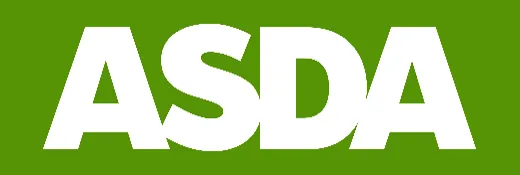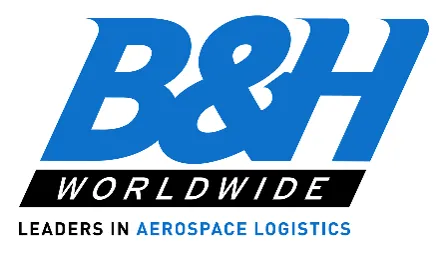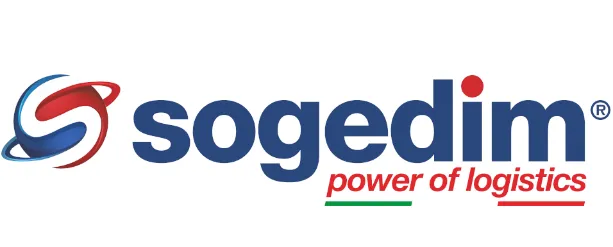ENS - Safety & Security Declaration
Submit your EU-GB safety and security declarations (ENS) on CABIE ENS
Self-Service
.Quick and Easy
Free To Use
Understand your responsibilities
What you need to know about Safety and Security Entry Summary (ENS) declarations
For goods travelling by Eurotunnel, the haulage company is responsible for lodging the declaration.
For unaccompanied goods travelling by rail, the rail freight operator, who is authorised to traction the train, is responsible for lodging the declaration.
The haulage company is responsible for lodging the declaration for accompanied goods. The ferry operator is responsible for lodging the declaration for unaccompanied goods.
For goods travelling by deep sea container or break/bulk cargo,the legal responsibility for submitting the ENS sits with the party that has contracted and issued the bill of loading.
.png?width=1080&height=1080&name=ENS%20-%20what%20you%20need%20to%20know%20(2).png)
Q. What is ENS?
The ENS (Entry Summary Declaration) is a pre-arrival notification that provides customs authorities with advance information about goods being imported into the UK. It is required to assess security risks and ensure that goods comply with customs regulations before they enter the country.
Q. When is an ENS required?
You’ll need to make an entry summary declaration before the goods arrive if you’re transporting goods into:
- Great Britain (England, Scotland and Wales)
- Northern Ireland from Great Britain
- Northern Ireland from outside the EU
The entry summary declaration will have safety and security information about your goods.
Your entry summary declaration must be complete, accurate, and submitted before you arrive at the border. You can amend your declaration at any time until your goods arrive at the UK border, if any information changes, such as the amount of goods or the time of the sea crossing.
Q. What goods do not need an entry summary declaration?
You do not need to make an entry summary declaration for goods if you are:
- bringing or receiving them into Northern Ireland from an EU country
- moving qualifying Northern Ireland goods from Northern Ireland to Great Britain
- importing goods to Great Britain from the EU (or other countries when this was not previously required)
Some goods also do not need a declaration, including those that are:
- electrical energy
- entering by pipeline
- letters, postcards and printed material, including those on electronic media
- in a traveller’s personal luggage
- declared to customs orally
You can find a more detailed list in Article 104 of the retained Commission Delegated Regulation (EU) 2015/2446.
Q. Who is responsible for submitting the ENS?
The responsibility for submitting the ENS lies with the carrier, which is the operator of the transport method used to move the goods.
Q. How often do I need to submit an ENS declaration?
An ENS declaration must be submitted for each shipment entering the UK.
Depending on the type of transport or shipping service you have used, there are different time limits for submitting your declaration.
| Maritime containerised cargo | at least 24 hours before loading at the port of departure |
| Maritime bulk or break bulk cargo | at least 4 hours before arrival |
| Roll on roll off (RoRo) — accompanied freight | at least 2 hours before arrival of the ferry operator |
| RoRo — unaccompanied freight | at least 2 hours before arrival of the ferry operator |
| Short sea journeys | at least 2 hours before arrival |
| Short-haul flights — less than 4 hours’ duration | at least at the time of actual take-off |
| Long-haul flights | at least 4 hours before arrival |
| Rail and inland waterways | at least 2 hours before arrival |
| Channel Tunnel | at least one hour before arrival at the Eurotunnel terminal by the haulier |
| Road traffic | at least one hour before arrival |
Q. How to submit an ENS?
The ENS requirements are specific to goods entering the UK. However, if you are transporting goods between other European countries and the UK, you will need to comply with both UK and EU customs regulations.
EORI (UK) can submit ENS declarations in: Ireland, Northern Ireland, France and GB. The carrier remains legally responsible for ensuring the declaration is accurate and submitted on time.
Q. Making an entry summary declaration
You'll need to make an entry summary declaration if you move goods into Great Britain, into Northern Ireland from Great Britain, or into Northern Ireland from outside the EU.
The entry summary declaration will have safety and security information about your goods. Your entry summary declaration must be complete, accurate, and submitted before you arrive at the border.
The opposite of the EXS. The ENS alerts the import border of your imminent arrival. It is not auto generated by another process as the import declaration, in many cases, can be done later whereas the ENS must be lodged at least 2 hours before you arrive at the border (one hour in the case of Eurotunnel).
Trusted By












.png?width=150&height=150&name=EORI%20LOGO%202025%20(6).png)


